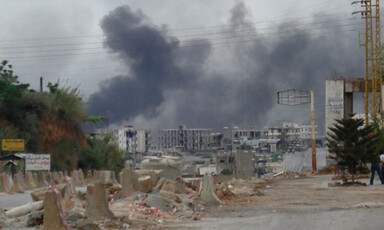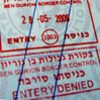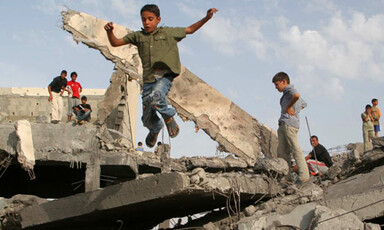
Visiting The Dead in Gaza
Gaza City, Palestine 2 June 2007
Jamal’s car was sounding more and more rickety I noticed as we drove to his house for lunch. He was late since he had spent the entire day at the Rafah border with some neighbors who were trying to cross to Egypt for medical care. They had gotten there at the crack of dawn only to turn back in the late afternoon without success. Of the thousands gathered a select few had made it across, but they were not among the lucky few. I have to be honest, I have no idea what the hell must be like crossing that border because I have never had the privilege or bad fortune to attempt to do so. Read more about Visiting The Dead in Gaza








